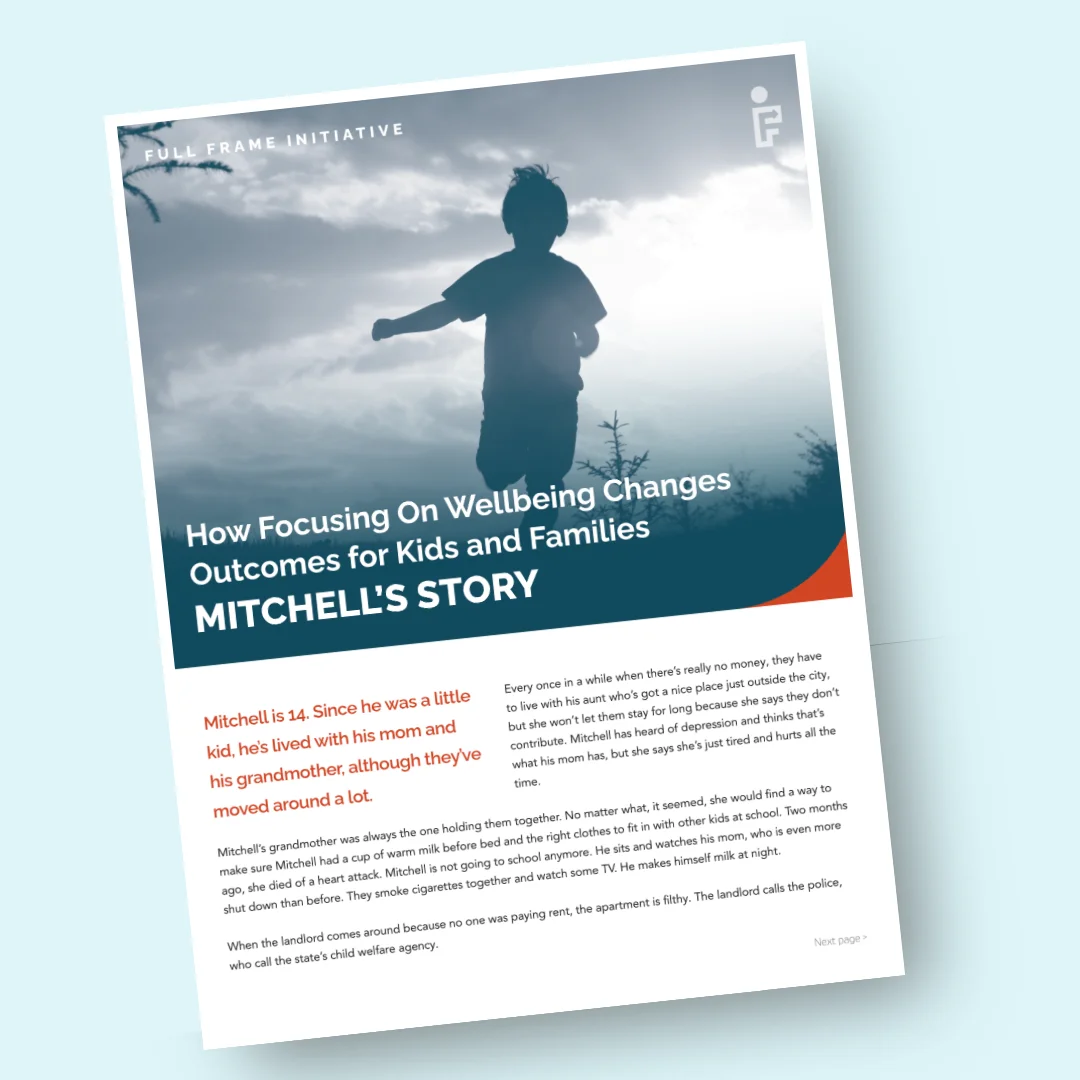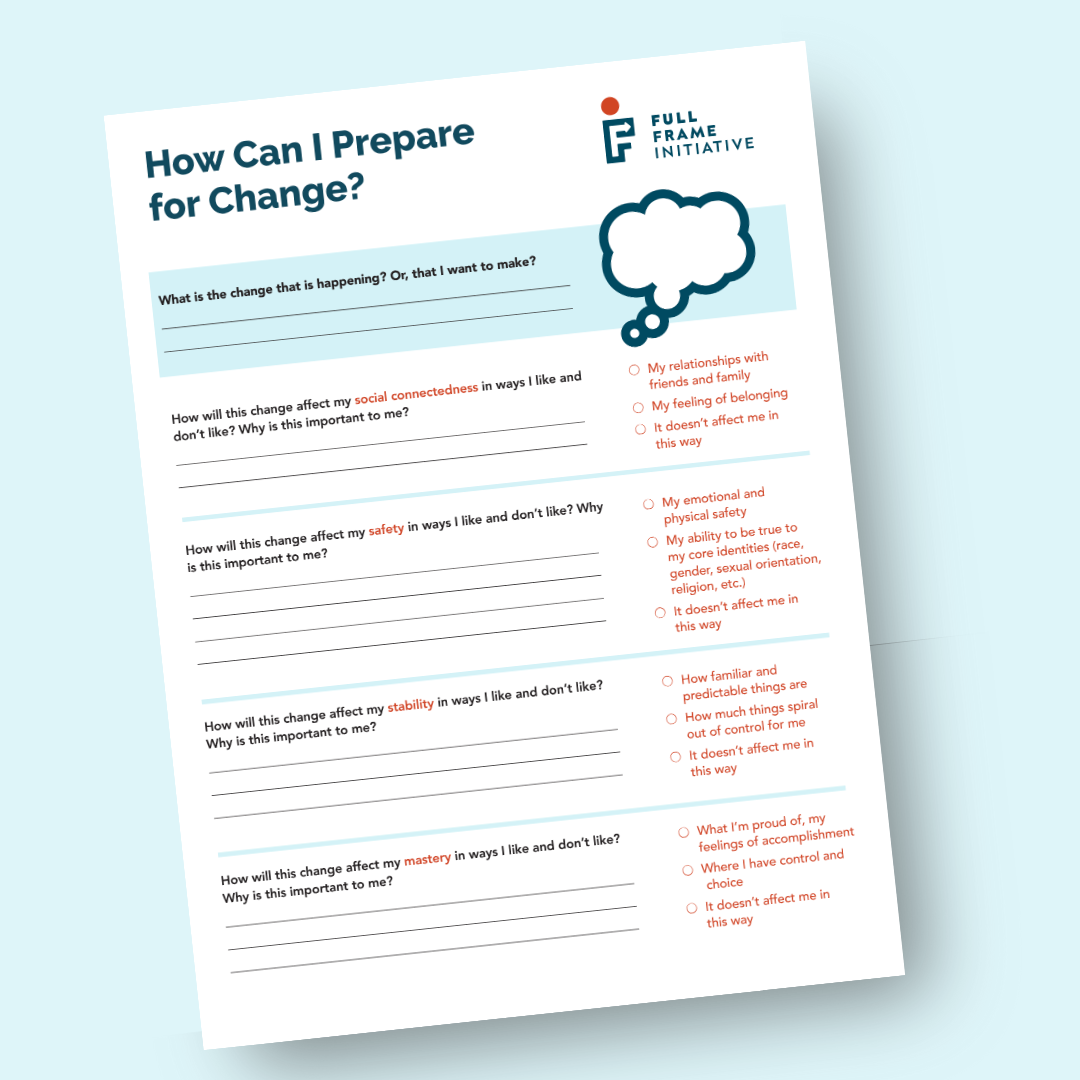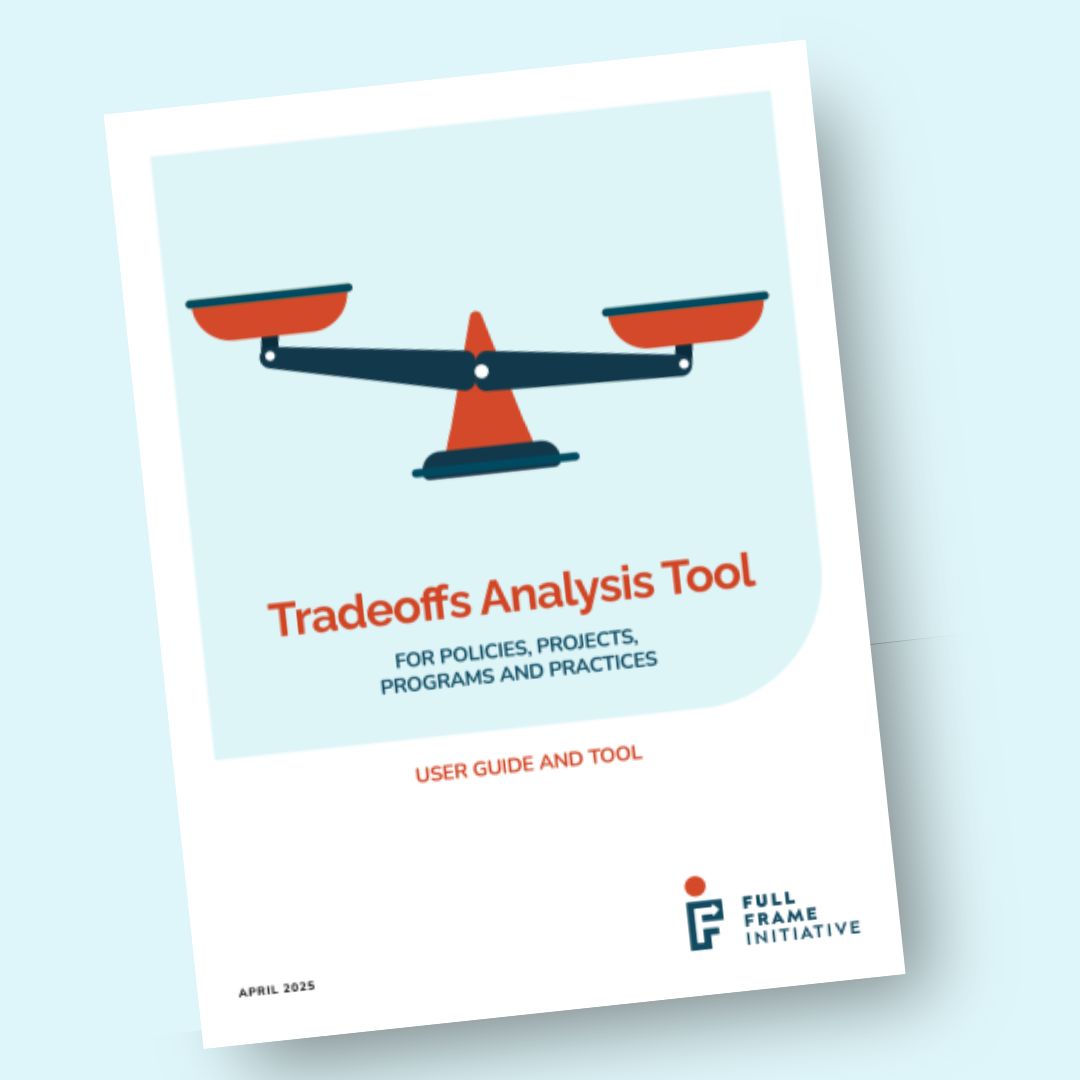People often name common factors when asked whether they would move for a new job. They might be considering:
- Whether they are near family members
- Whether they know anyone in the new location
- Whether the new location is a match for them (such as urban vs. rural, local culture, political leaning, climate and environment)
- How much the pay is
- Impact on their family if they have one (such as schools, job options for a partner, friends for kids)
We can come to different answers for similar reasons. One person might say no because they don’t want to uproot their family, while another might say yes because their family doesn’t like where they’re living.
Key Insight: There is no one right answer to whether a person should take the new job – your answer will vary depending on the tradeoffs you identify.




